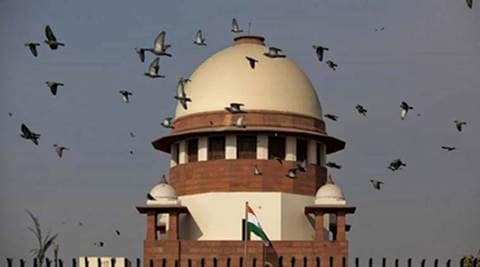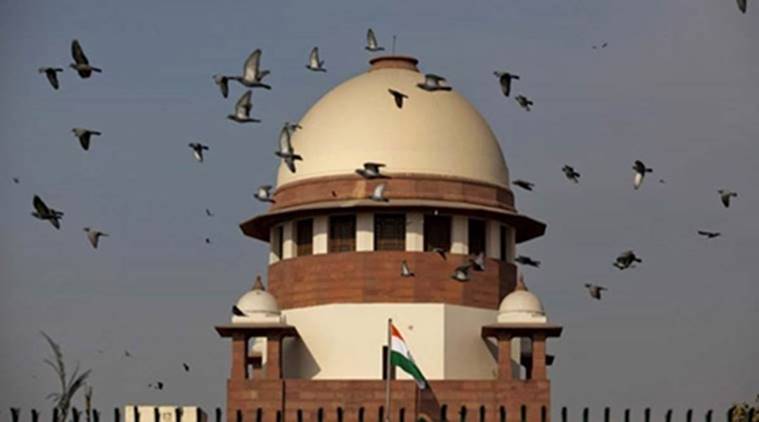Opinion SC ban on use of religion, caste in electoral politics is a step in right direction
The Supreme Court’s ruling just ahead of the Uttar Pradesh election on use of religion and caste seems an admirable but difficult to implement measure to clean up electoral politics in the country.

 Supreme Court of India. (Source: File Photo)
Supreme Court of India. (Source: File Photo)
Religion and caste have become so intertwined in Indian politics that it is almost impossible to imagine political parties functioning without using them. Many governments have stormed to power on the back of promises on issues directly or indirectly related to religion and caste. But, the Supreme Court’s ruling just ahead of the Uttar Pradesh election on use of religion and caste seems an admirable but difficult to implement measure to clean up electoral politics in the country.
Whether it is the Bharatiya Janata Party, Congress, Samajwadi Party, Bahujan Samaj Party, MIM, RLD, or any other party in the country, most of them are accused of using religion for electoral gains.
The Supreme Court ruled that no political party or contender can seek votes on the name of religion or caste in elections. What this seeks to do ideally is bring the parties on a level-playing field and fight election on issue of inclusive social and economic development. But that seems difficult given the leading personalities have dug their feet deep in divisive or focus-group politics.
Mayawati has largely sought Dalit votes and branded herself as the saviour of the community. She has used the caste issue to her benefit in elections. Her work in uplifting these communities is a different debate but spearheading a campaign on the back of Dalit campaign has been a long practiced politics of division.
Similarly, it is known that SP has always promised special care for the Muslim community apart from its fluctuating constituency – Yadavs. Congress has also played the soft secularism politics over the previous decades and with dollops of alleged appeasement politics for both Hindus and Muslims. Rahul Gandhi’s act of the overnight stay in a Dalit household and promoting it on national scale was one such example.
Bharatiya Janata Party leaders have often been caught giving hate speeches and its election manifestos often promise long desired Hindu aspirations.
In all, it is clear that no party is untouched by this practice. Working for specific sections, however, without harming others can’t be classified as a wrongdoing. But the apex court’s reiteration of rules of election commission is a sign that there is an attempt to clean electoral politics of religion and caste. Since, on-ground and door-to-door campaigning, and other forms of direct contact and engagement campaigning can’t be monitored, the challenge will be to stop indirect propagation as election commission can only comprehensively monitor rally videos, posters, sizeable campaign activities in major locations and routes and not at micro levels across the state.






